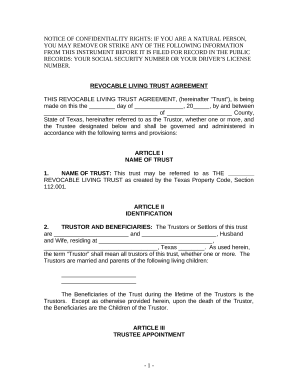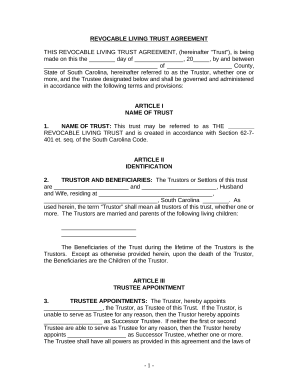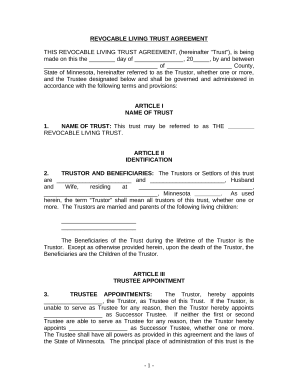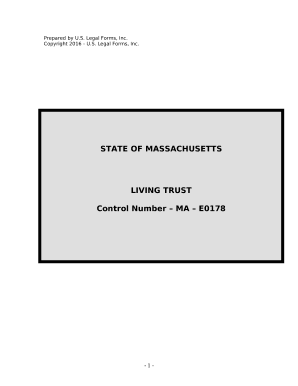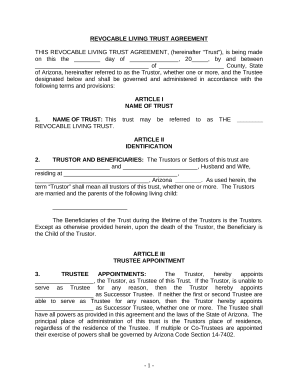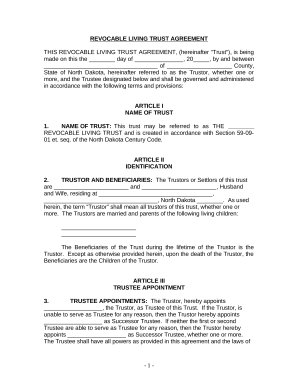Boost your productivity with Trusts for Minor Children
Papers management takes up to half of your business hours. With DocHub, you can reclaim your office time and boost your team's efficiency. Get Trusts for Minor Children online library and explore all templates relevant to your everyday workflows.
Easily use Trusts for Minor Children:
- Open Trusts for Minor Children and utilize Preview to find the relevant form.
- Click Get Form to begin working on it.
- Wait for your form to upload in our online editor and start modifying it.
- Add new fillable fields, symbols, and images, adjust pages, and many more.
- Complete your document or prepare it for other contributors.
- Download or deliver the form by link, email attachment, or invite.
Speed up your everyday file management with our Trusts for Minor Children. Get your free DocHub account today to discover all forms.
